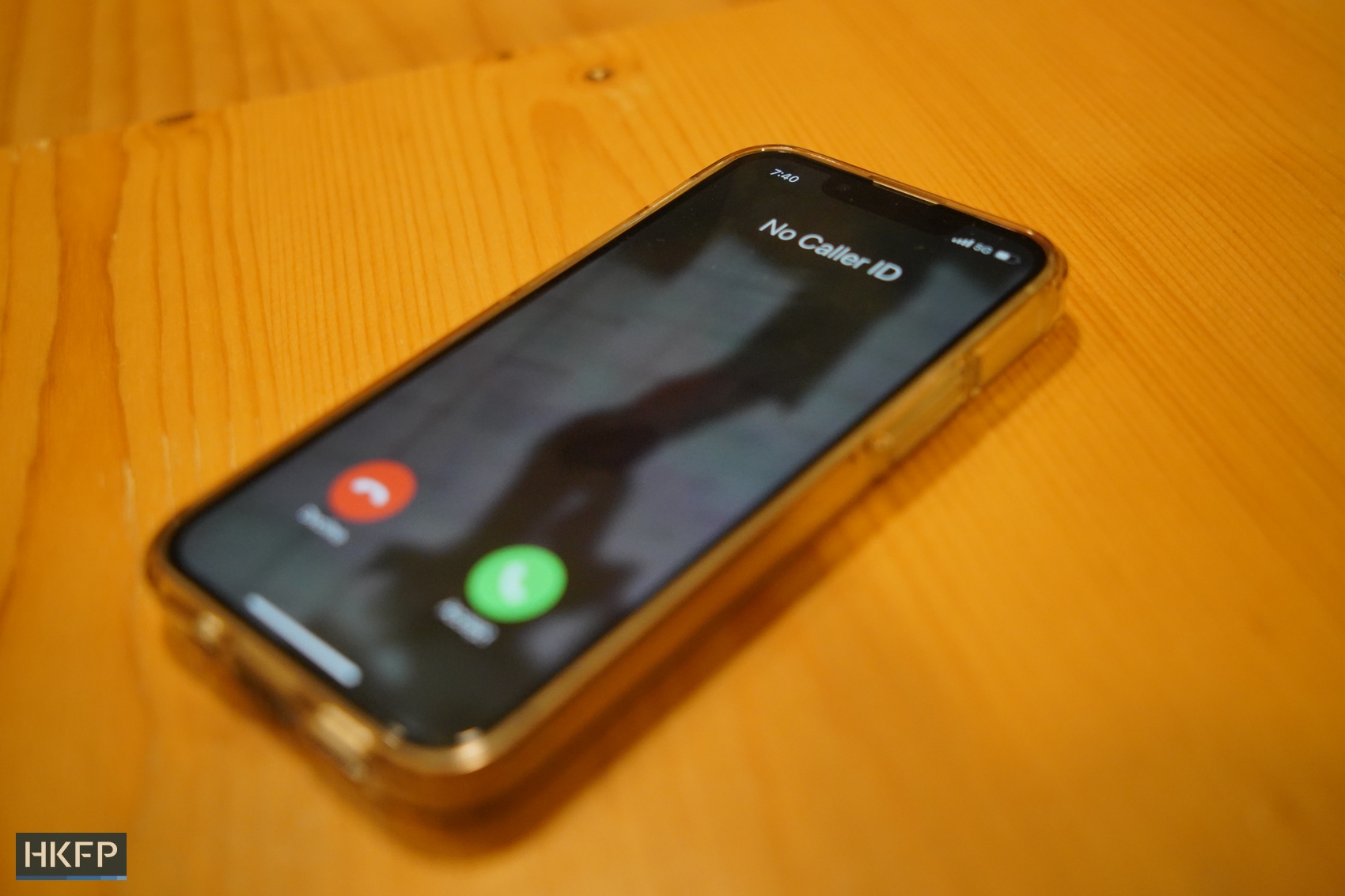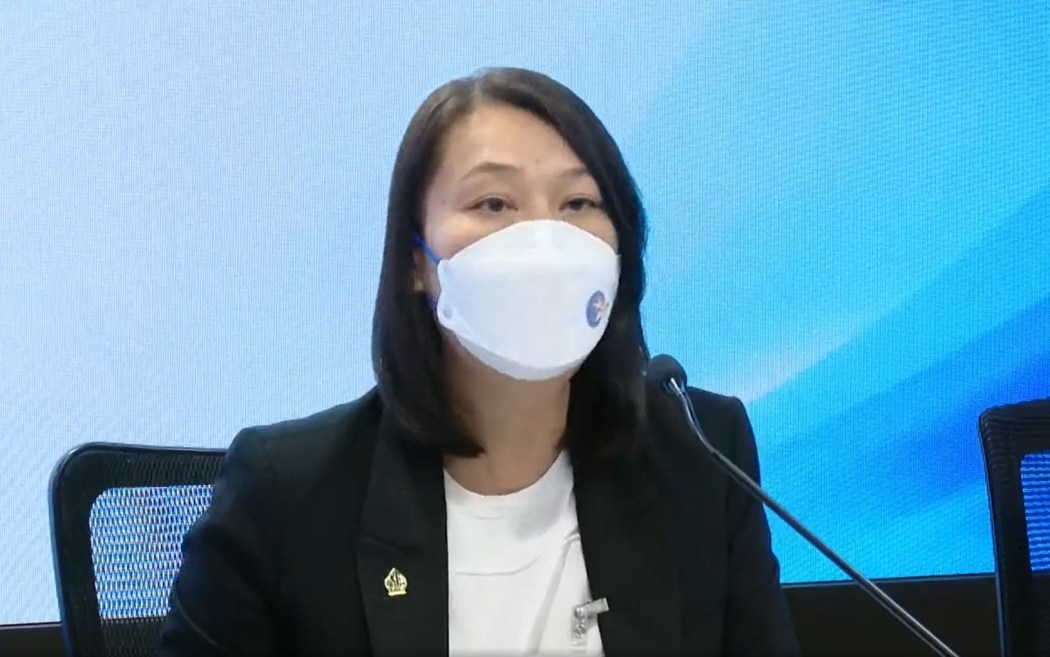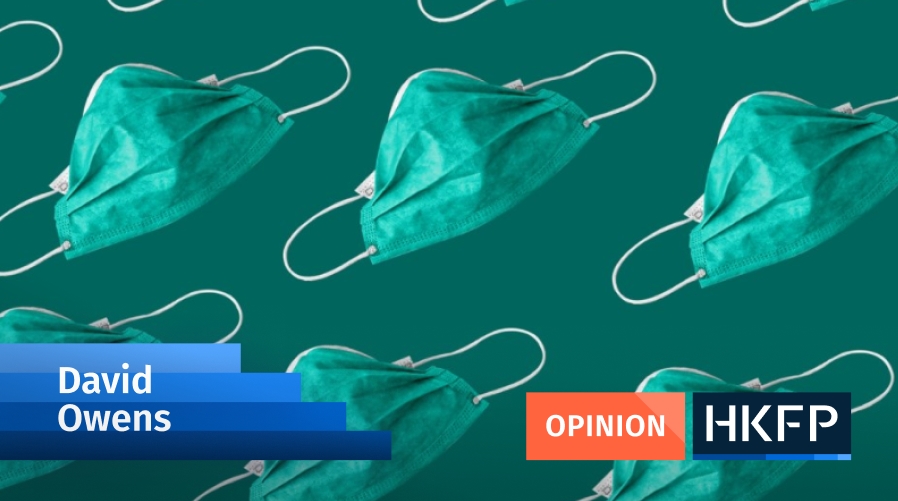Hong Kong police have logged a 60 per cent rise in telephone scams during the first seven months of 2022, when compared with the same period last year. There was a significant increase in fraudsters pretending to be health authority staff, with one health official saying the issue could affect anti-epidemic efforts.

Senior Superintendent Eileen Chung said during a Wednesday press conference that a total of 956 cases of telephone fraud were reported to the police between January and July this year. The cases had led to combined losses of HK$470 million.
Around 60 per cent of the reported scams involved the impersonation of government officials, Chung said, adding that the victims of these cases had lost a total of HK$450 million.
Since February, Chung said they noted how scammers had pretended to be calling from the Department of Health or the Centre for Health Protection. She said they would claim that their victims had tested positive for Covid-19, or were in violation of related policies, whilst asking for their personal data, bank accounts and passwords.
“[They] fully understand people’s psychological weaknesses in worrying about the pandemic, and will therefore lure them to fall victim to their scams,” Chung said.

Chung said the force solved 386 cases in an operation carried out between August 21 and Sunday. In all, 173 people aged 13 to 72 had been arrested on suspicion of obtaining property by deception, conspiracy to defraud and money laundering. Some of the arrestees were allegedly linked to organised crime, according to the police officer.
Meanwhile, Kelvin Sin, the Democratic Party’s spokesperson on information technology policy and the vice-chair of the Sha Tin District Council, told HKFP that the increase in telephone scams suggested that the government’s anti-scam education efforts may not necessarily have reached potential victims.
He urged authorities to take reference from other places such as Taiwan and explore unused promotional platforms to promote their messages, such as collaborating with opinion leaders or YouTube figures.
“After implementing policies such as the real-name registration for all pre-paid sim card users, the number [of telephone scams] has increased instead of decrease. This gives rise to questions on whether these past measures are effective,” Sin added.
Usual tricks
Speaking at the same press briefing, Albert Au, the principal medical and health officer of the Centre for Health Protection’s Epidemiology Division, said the Covid-19 related telephone scams were mostly related to contact-tracing or quarantine arrangements.
“These crimes have more or less affected our day-to-day anti-epidemic work, [and] the public’s level of trust towards calls from the Department of Health, thus bringing a negative impact to our efficiency,” Au said.

He said that, in scam calls, there would be pre-recorded messages claiming that the victims could not receive the third dose of a Covid-19 vaccine because there was an error in their personal data recorded during previous jabs. Victims will then be asked to submit their private information.
In other cases, Au said scammers would claim over WhatsApp messaging that the victims were suspected to be Covid-19 close contacts. They might also pretend to be a Department of Health staff member in calls or emails and claim that their parcels were behind held under Covid-19 restrictions, Au added.
The health official said government departments will always provide the related information for both parties in a call for verification. They will never ask people to provide any sensitive or finance-related data such as their bank and credit card accounts and passwords.
Au added that the authorities would not use pre-recorded messages in their calls and urged the public to call the government hotlines on 1823 or 1830111 to verify who was calling if they were suspicious.
Support HKFP | Policies & Ethics | Error/typo? | Contact Us | Newsletter | Transparency & Annual Report | Apps
Help safeguard press freedom & keep HKFP free for all readers by supporting our team















